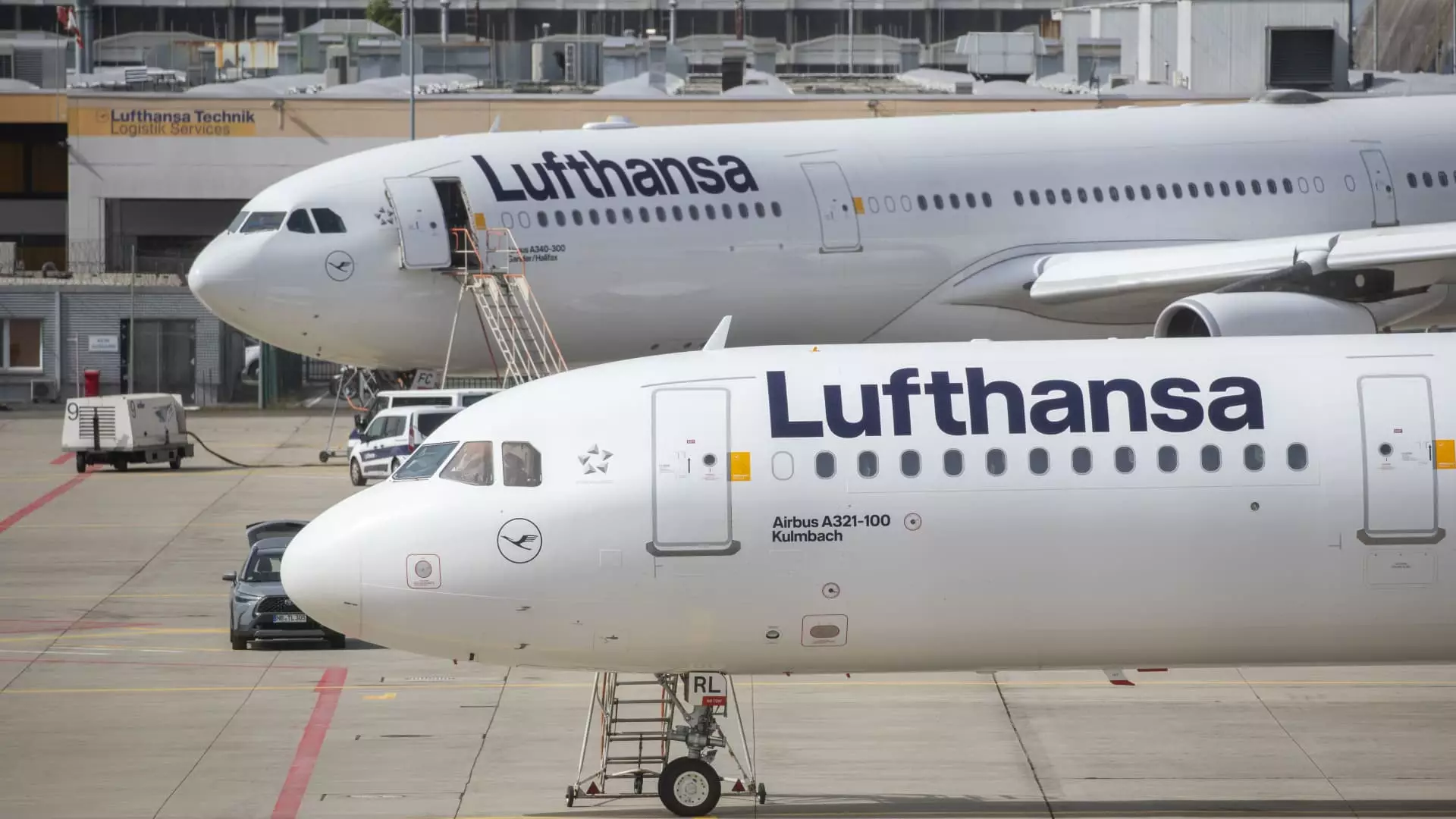In a recent announcement, Lufthansa Group disclosed plans to implement an “environmental cost surcharge” on ticket prices, with some flights facing charges as high as 72 euros ($77). This move comes as a response to the escalating costs stemming from stringent regulatory environmental standards.
Environmental Cost Surcharge Implementation
The environmental cost surcharge will be levied on flights departing from the 27 member countries of the European Union, along with the U.K., Norway, and Switzerland. The surcharge will be applicable to all flights sold or operated by Lufthansa Group, which boasts a portfolio of airlines including Lufthansa, Eurowings, Swiss, Edelweiss Air, and Austrian Airlines. The exact amount of the surcharge, ranging from 1 euro to 72 euros, will be transparent to customers during the booking process.
Lufthansa attributes the need for the environmental cost surcharge to the mounting expenditures triggered by regulatory environmental obligations from entities such as the European Union and the International Civil Aviation Organization. These mandates encompass various measures, including quotas for sustainable aviation fuel usage, emissions trading systems, and climate protection agreements.
The implementation of the environmental cost surcharge comes as a proactive step by Lufthansa to offset the projected costs related to compliance with environmental regulations. The company foresees substantial financial implications stemming from the adoption of sustainable aviation fuel, emissions trading systems, and other environmental initiatives aimed at reducing carbon emissions in the aviation sector.
Investment in Sustainable Aviation
Despite the financial strain posed by environmental regulations, Lufthansa remains committed to investing in technology that promotes sustainability in aviation. The company acknowledges the importance of climate research and endeavors to enhance its environmental footprint through innovative solutions. However, Lufthansa emphasizes the need for shared responsibility in addressing the escalating costs resulting from regulatory requirements.
The introduction of the environmental cost surcharge by Lufthansa Group underscores the growing challenges faced by the aviation industry in navigating the complex landscape of environmental regulations. While the surcharge aims to defray the additional costs incurred by the company, it also serves as a reminder of the collective effort needed to foster sustainability in air travel. As airlines continue to grapple with evolving environmental standards, collaboration among stakeholders remains imperative to propel the industry towards a greener future.

